Weekend Diversion: The Ultimate Science in your Science Fiction
Want more realistic sci-fi? Consult a scientist. Here’s how you get access.
“The saddest aspect of life right now is that science gathers knowledge faster than society gathers wisdom.” –Isaac Asimov
This was one of the biggest laments I had upon the death of Leonard Nimoy: the realization that science fiction, which can be used to explore our moral failings, dilemmas, and how to discern between what’s right, what’s wrong, and what’s best in a difficult situation, often shies away from that. It’s a lot easier to tell an adventure story than it is to tell a tale where you have to decide between difficult alternatives, but if you choose to go there, the rewards can be tremendous. Have a listen to Leonard Cohen’s dark, apocalyptic song, The Future,
while you consider that by exploring the future — or by exploring a new technology, place or even a new Universe — we can address our fears in a more open way that we’d otherwise be comfortable with.
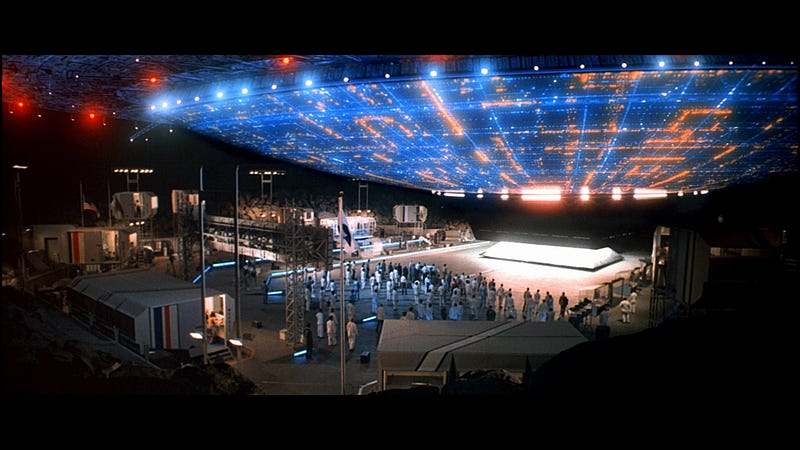
But our ability to connect with such an alternative reality depends very strongly on our ability to see that new Universe as related enough to our own to find it believable. A Universe where hamburgers eat people might be terrifying in some ways, but it’s divorced enough from our own reality that it’s not likely to inspire us to consider our moral compass as a realistic analogy.
That’s why — at least for me — it’s so important to have scientific plausibility in your science fiction.
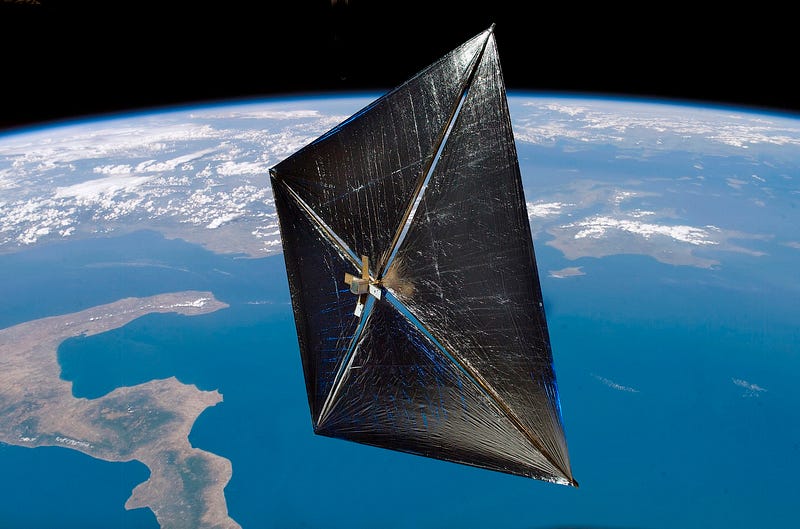
And the frontiers of science have been pushed back so far over the last few generations that it isn’t hard to find a physically plausible scenario that allows us to explore any difficult issue you can concoct in that sweet spot: a Universe different enough from our own that there’s a sense of detachment, but similar enough that we still feel invested in it.
Storytelling is difficult enough in its own right, but bringing that element of real science into your science fiction is what separates outstanding science fiction from mere… well, obviously fictional fiction.
So how do you do it?
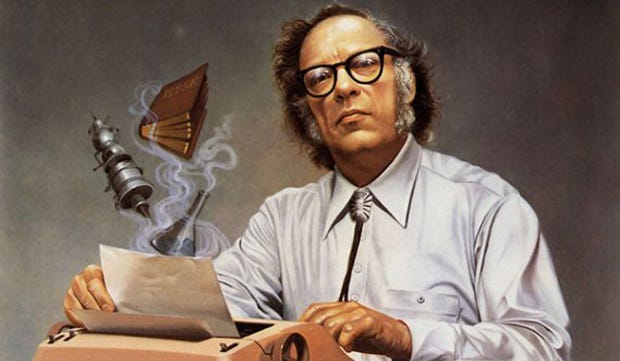
Most science fiction writers, although they may have a background in some scientific studies, are not scientists themselves. But that doesn’t mean the science is inaccessible; it simply means you need to know where to go to have access to the people with the scientific expertise that you’re in need of. And while that’s great for you if you know one personally, or get a detailed response from a cold call, the best way I know of for writers, science-fiction fans and actual scientists themselves to connect is — as Nathan Fillion and Alan Tudyk will tell you — at a Con.
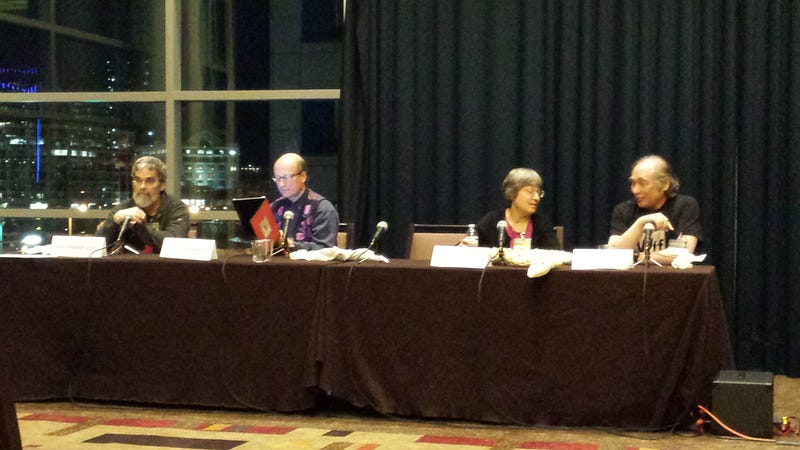
As a scientist who loves communicating science to anyone and everyone, people of all levels of expertise and curiosity, a science-fiction convention is the perfect place to encounter the intersection of science and science fiction. Three years ago, I became the science guest of honor at my very first one, learning some valuable lessons in the process. This time, I’m more than prepared, and will be holding talks and interactive panels on the following great topics:
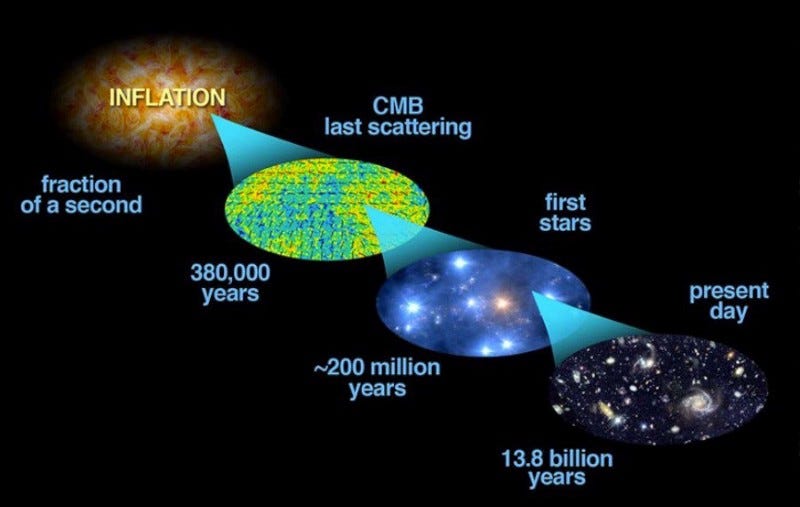
- The three greatest unsolved problems in the Universe: about dark matter, dark energy and cosmic inflation.
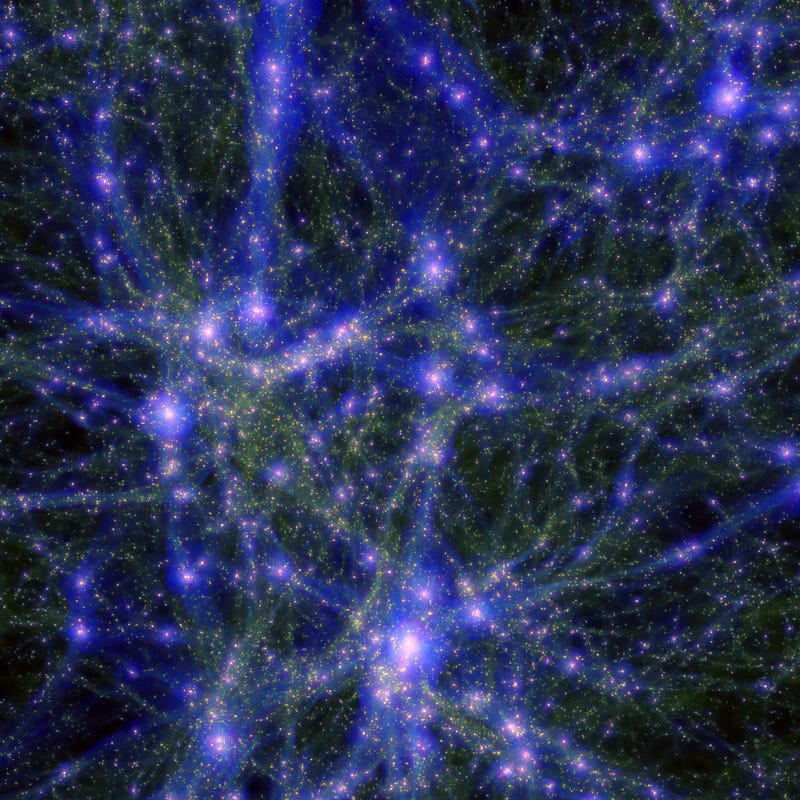
- The Universe and our place in it: what our Universe looks like today, how we got to be here, and where we’re headed in the future.
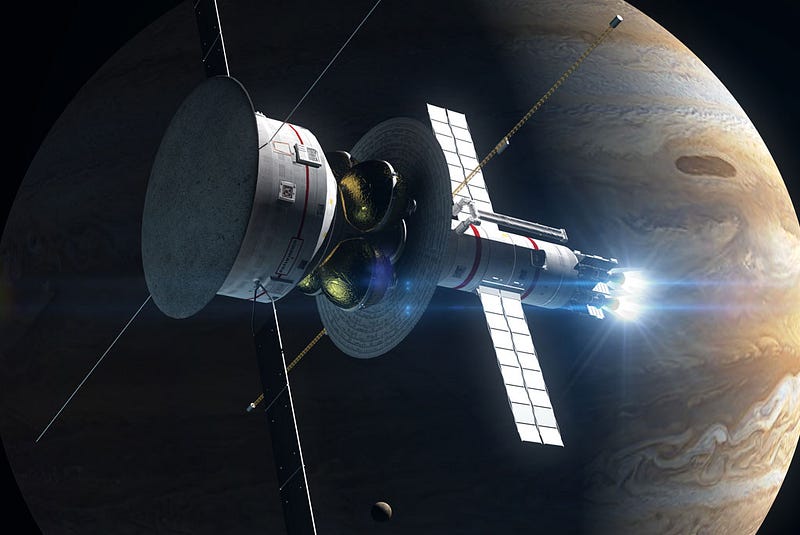
- Interstellar travel: what our different prospects are for reaching the stars, and what technologies offer the promise of getting us there.
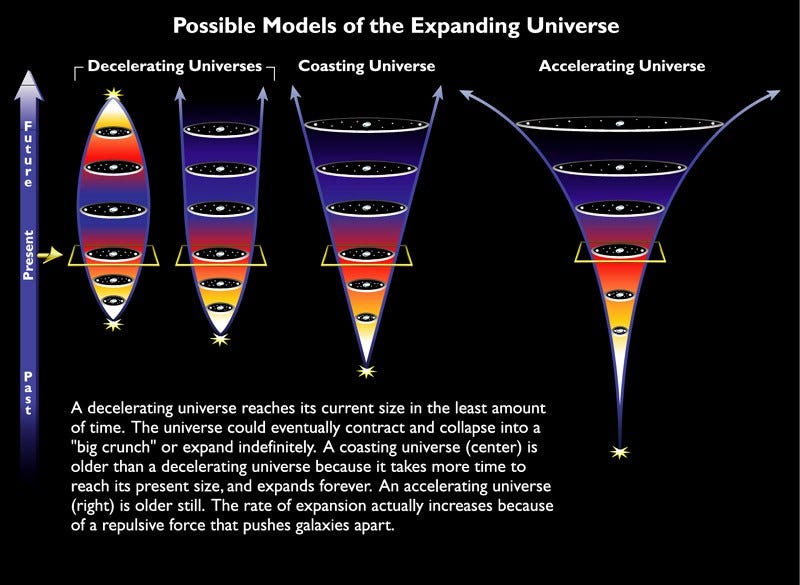
- The ultimate fate of the Universe: from a big crunch to a big freeze to a big rip, there are lots of possibilities. What does our best evidence support, and what would it take to change our possible outcomes?
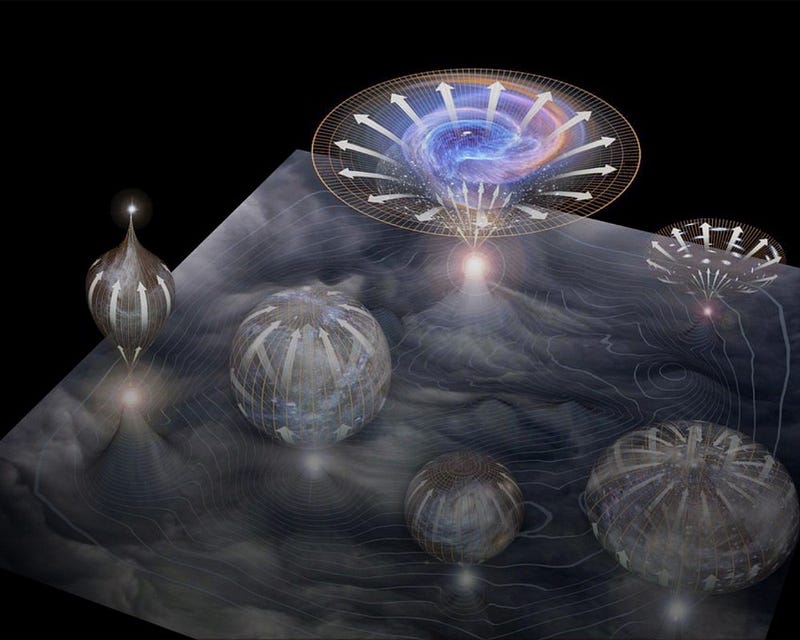
- Parallel Universes: what possibilities arise from different interpretations of inflation and quantum mechanics? Are parallel Universes possible, where and how do they diverge from our own, and is there any hope of overlapping of jumping between them?
Science fiction is a great way to explore the possibilities of what this Universe can be, or what it might have been if the rules were just a little different. It offers us the ability to seek not only scientific truths and historical truths, but also our personal and moral truths, and to explore them in ways we often fail to consider in our day-to-day lives.
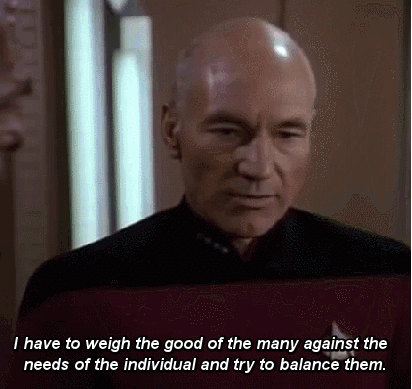
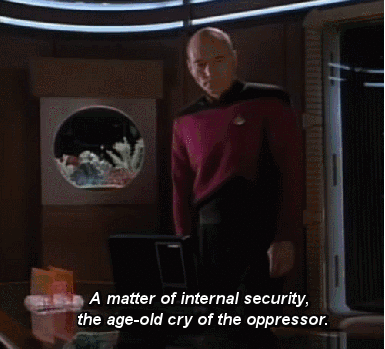
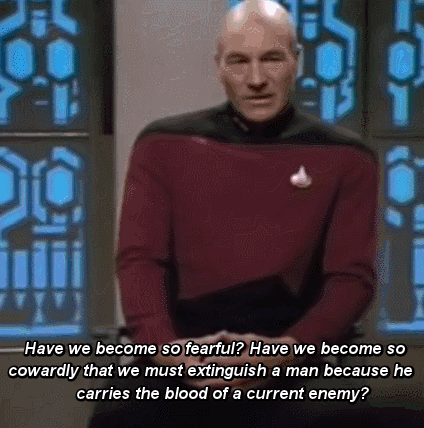

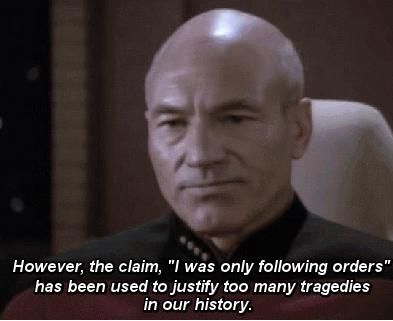
I think it’s one of the greatest opportunities for people of all different backgrounds, knowledge levels and interest levels to connect, and for scientists, authors, storytellers, fans and even casual enthusiasts to all have access to one another. Ideas are exchanged, projects are launched, stories are refined and people have experiences — and meet characters — they’ll never forget. This is particularly true at the smaller, more regional Cons, where you’ll actually have the opportunity to spend time with the guests, rather than merely seeing them from afar.
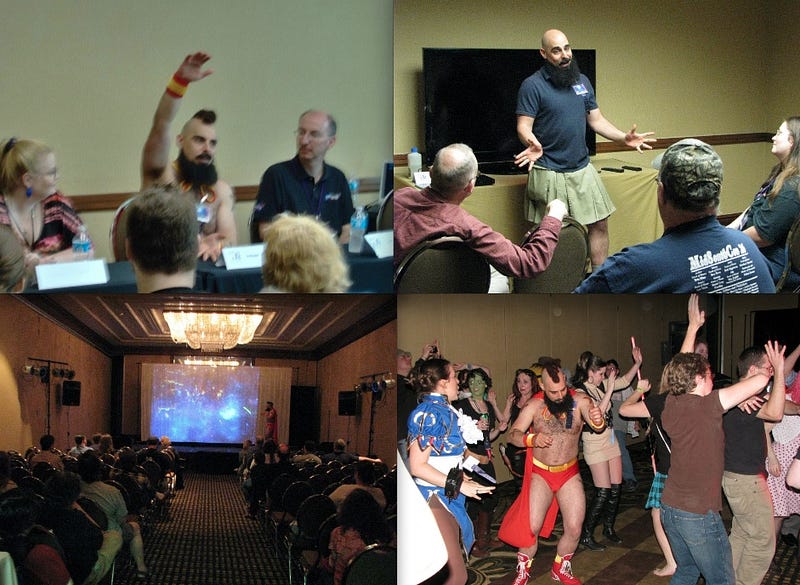
I hope to see you there. I’ll be the science guest of honor at MidSouthCon 33, and hope you can make it to Memphis this March 20th-22nd. It promises to be a fantastic time, and if you’re lucky, you just might catch me in costume. Have a great week, and know that I’m anticipating this like nothing else!
Leave your comments — and RSVP — at the Starts With A Bang forum here! And if you missed our comments of the week, check them out here, too.





